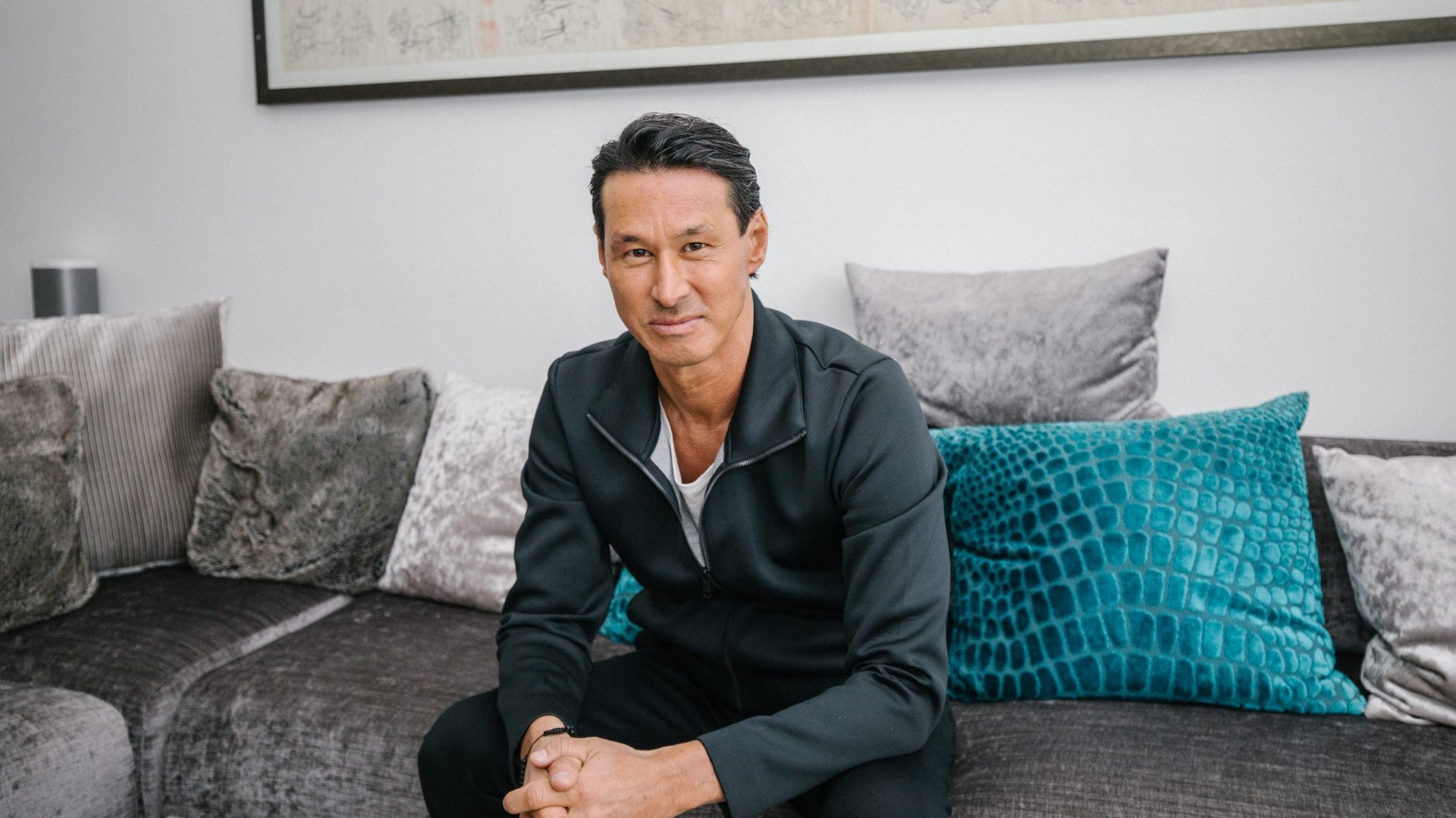Oatly’s CEO is counting on consumers to see through big brands’ wokewashing
Oatly’s public debut is off to a promising start, with shares opening at $22.12 on Nasdaq Thursday—30% above its initial public offering price of $17 a share. That would seem to bode well not just for the 27-year-old Swedish company, which sells oat-based versions of milk, ice cream, and yogurt, but for the booming industry of vegan alternatives to dairy and meat products.


Oatly’s public debut is off to a promising start, with shares opening at $22.12 on Nasdaq Thursday—30% above its initial public offering price of $17 a share. That would seem to bode well not just for the 27-year-old Swedish company, which sells oat-based versions of milk, ice cream, and yogurt, but for the booming industry of vegan alternatives to dairy and meat products.
Increasingly, these alternatives are produced by multinational corporations and legacy dairy brands—and as Oatly acknowledged in its IPO filing, the fact that such corporations have “substantially greater resources and operations than us” could pose a risk to its business. In addition to established milk alternatives like Danone’s Silk line, Nestlé is getting in on the action with a pea-based milk called Wunda, and Unilever has plans to increase sales of its vegan and dairy-free products (which thus far do not include an alternative milk) to $1.2 billion in the next 5 to 7 years. The American dairy titan HP Hood also released Planet Oat milk in 2019.
But Oatly CEO Toni Petersson didn’t sound worried about the competition in a call with reporters Thursday. He’s counting on consumers’ ability to differentiate between companies that are simply jumping on the latest food trends and companies that (like Oatly, he says) are genuinely trying to create environmentally-friendly products.
“The way I think about it, we are here to try to make the world better,” Petersson said. “We’re not trying to put a product on shelves just because it’s a healthy growing category and it’s a business opportunity. Those two things are two different mindsets in how you run the company, and that’s something consumers can see and feel.”
Oatly’s sustainable branding
It’s true that eco-consciousness is core to Oatly’s branding. One of the company’s major selling points is that oat milk has a smaller carbon footprint and involves using less water and land than cows’ milk. Oatly’s products in Europe are labeled with information about their carbon impact, and last year, it switched from diesel delivery trucks to a fleet of electric vehicles in Sweden.
It’s also true that the public hates wokewashing, the phenomenon in which big brands take a stance on environmental or social issues that are contradicted by their actions. And ethical consumption is a growing force in shaping people’s shopping habits, particularly for younger generations.
🎧 For more intel on sustainable branding, listen to the Quartz Obsession podcast episode on oat milk. Or subscribe via: Apple Podcasts | Spotify | Google | Stitcher.
What remains to be seen, however, is whether consumers will necessarily be able to identify Wunda as a Nestlé product. And Oatly has been navigating backlash over its own ethics since selling a $200 million stake to a group of investors led by private-equity firm Blackstone last year, with some consumers arguing that Blackstone—which has been accused of contributing to deforestation in the Amazon—is at odds with Oatly’s professed sustainability values.
What’s the definition of “milk”?
Another noteworthy moment on the call Thursday came when Petersson offered up a new definition of “milk.” It’s a common question for Oatly, which isn’t allowed to call its products “milk” in Sweden and has found itself ensnared in legal battles with the dairy industry over its use of the word and for using packaging typically associated with dairy products.
What makes milk milk, according to Petersson, isn’t whether it comes from a cow or any other animal. Rather, he says, Oatly defines milk as “a liquid food that serves the nutritional needs of human beings.” That doesn’t mean any old drink in the refrigerated aisle of the supermarket can lay a claim to the milk mantle, however. “Some are just beverages,” he said.